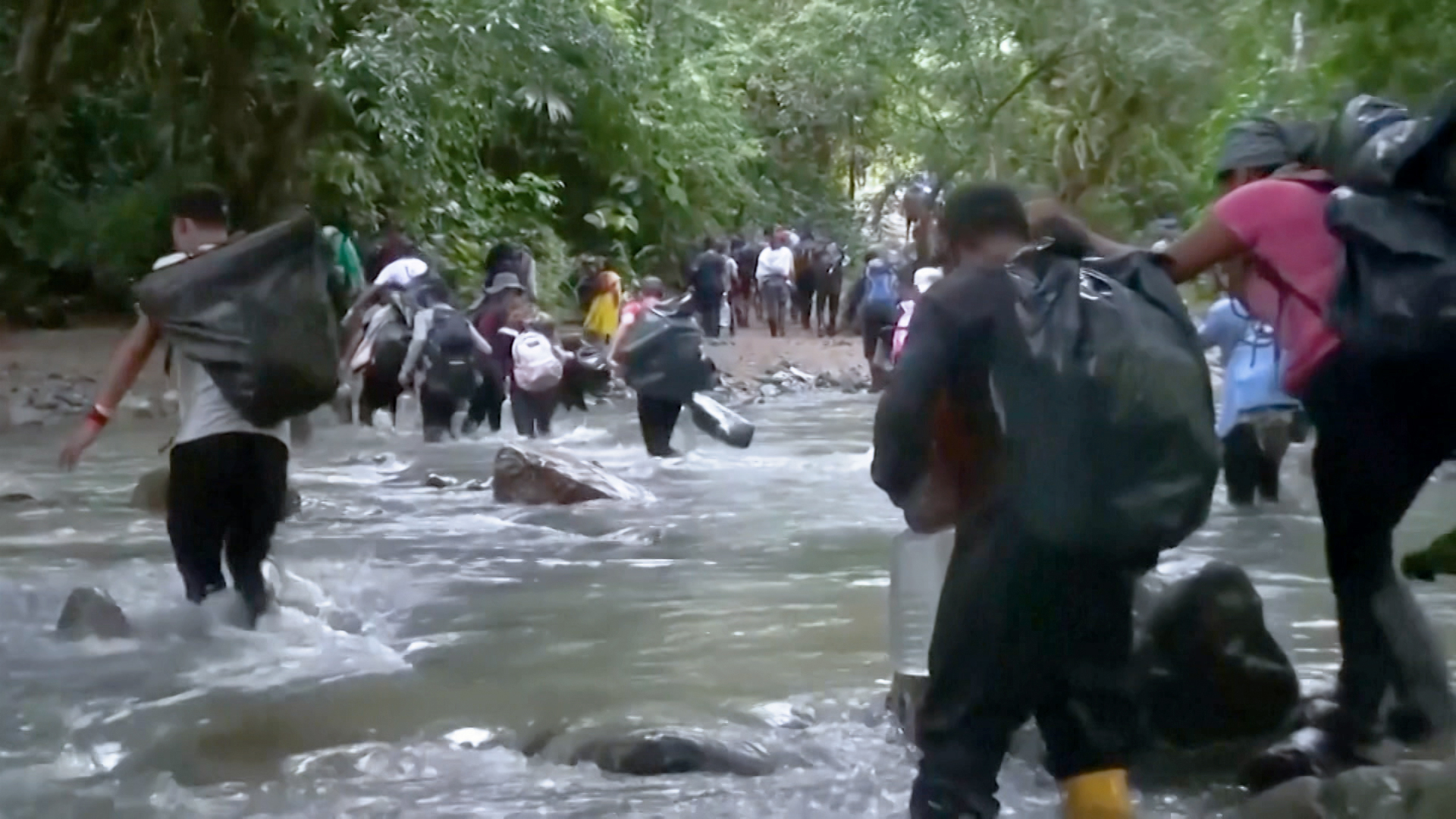Local’s members,
Our live call is this Saturday, February 21st at 12:00 PM Eastern.
Chuck just returned from Colombia and Syria and will be taking your questions—covering everything from ministry work on the ground in Colombia to the evolving geopolitical situation overseas. This is your chance to go deeper and hear directly from him.
He’ll also be sharing more about the upcoming Frontier Forge Institute summer camp, including its mission to train young men (ages 13–17) in Christian leadership, discipline, and responsibility.


















